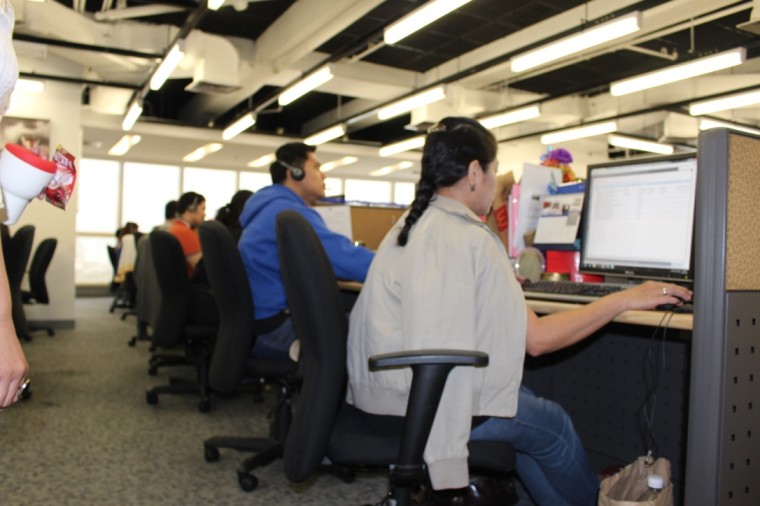Australian businesses are going through the most difficult business climate in modern times. With the effects of the 2008 financial crash still affecting many parts of the economy, the COVID-19 pandemic has wrought further havoc. While the response to the pandemic has varied from state to state, it has been impossible to escape the effects on trade and operations caused by restrictions elsewhere, domestically and internationally, and many businesses have felt the consequences of their customers’ changing behaviors.
“The challenges have compounded the traditional pressures any business would expect to feel. Businesses have long been in the pincer grip of shareholders demanding returns on their investments and customers demanding ever better service and lower prices. For many businesses, the pandemic has worsened these pressures, especially when it comes to customer demands. And while vaccines may provide hope that the worst is over, it would be dangerous for any business to assume that their survival is a foregone conclusion,” says Ralf Ellspermann, CEO of PITON-Global, an award-winning call center in the Philippines.
It’s undeniable that the pandemic has reinforced and accelerated underlying trends. For customers, this has meant an increased expectation of high-quality 24/7 customer service delivered remotely, either because they cannot get, or do not want, customer support in person. The pandemic has also created financial pressure for consumers, so they want improved services without higher prices.
“These trends have suited some businesses more than others. The companies that were already riding the trend towards digital delivery, using platforms and services that challenged more traditional models, were ready and waiting to welcome customers dissatisfied with their old providers,” says Ellspermann.
In fact, faced with the challenges of having to keep costs low while retaining current customers, outsourcing to a call center in the Philippines makes as much, if not more, sense than ever.
The traditional benefits of contact center outsourcing to the Philippines remain as true as before the pandemic. Outsourcing has long been recognised as a way of reducing costs. Using a specialist provider avoids the overheads of real estate, HR, and IT. It provides direct access to trained, professional staff who are often already experienced. And it reduces management overhead because it is shared between the call center’s many clients.
Choosing the call center industry in the Philippines is an easy way to maximise the benefits of outsourcing. These include access to highly educated, skilled, and motivated staff, world-class support, and significant savings.
“The Philippines has a long connection with the West to which it has a close cultural link. Over half the population speaks English, often with no discernible accent, allowing them to build a quick rapport with customers,” says Ellspermann.
The size of the call center outsourcing industry in the Philippines also provides benefits. There are over 800 business process outsourcing providers, making it a competitive market, where businesses have had to invest in their staff, technologies and facilities to succeed. Collectively, the contact center industry in the country employs over 1.2 million Filipinos at all levels, offering a ready supply of skilled staff.
And going to the Philippines for your call center outsourcing requirements makes good financial sense. Aside from the savings that come from using a specialist provider, the cost of labour in the Philippines is significantly lower than in Australia. This means that it’s typically possible to save 40-50% compared to in-house staffing or onshore outsourcing, while still maintaining—and even improving—existing service and productivity levels.
“It is a tough financial climate for businesses of all sizes and industries in Australia. But in times like these, it’s important to make decisions for the long term. The best decision to weather the storm is to focus on the company’s core competencies and using the domain expertise of a call center in the Philippines to take care of customer support, saving money, and improving customer satisfaction,” says Ellspermann.


